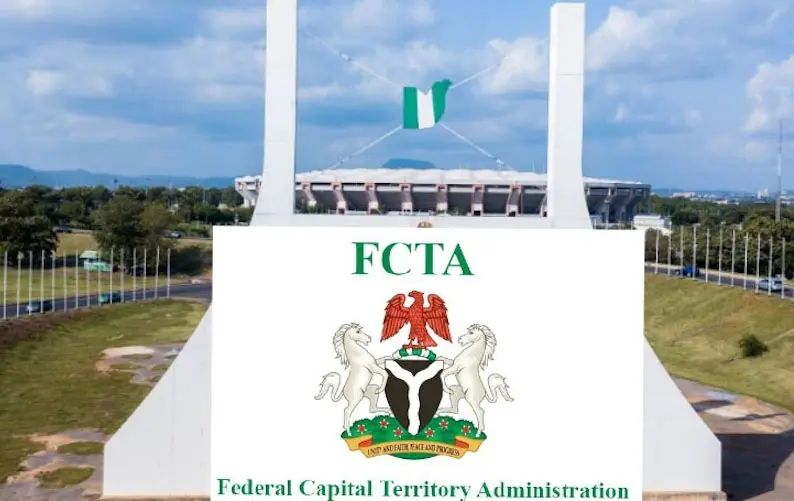Ndigbo: TIme to re-embrace Nigeria
[ad_1]
By Tochukwu Ezukanma
I am motivated by reason and conviction. Thus, I am a doubting Thomas, “who always insisted on an examination with his own hands”. My “examination with (my) own hands” of the tempestuously emotive issue, Biafra, is revealing. Biafranism is an exercise in futility. However, I can still change my mind, and become an ardent proponent of Biafra, if the Biafrans and neo-Biafrans can satisfactorily answer my questions: why – just one cogent reason – should the Igbo secede from Nigeria, and what is the strategy for this secession? None of them has fittingly answered any of these questions. Therefore, I remain an avowed, unabashed proponent of one Nigeria. According to an Ohaneze report, about 11.6 million Igbo live in northern Nigeria, and about 5 million in Lagos State. Factoring the number of those living in the South-south and other parts of Southwest, outside of Lagos, the number of Igbo living in Nigeria, outside of Igbo land, is about 20 million. And we have invested massively in these areas of our sojourn: we own a preponderant percentage of the property in Lagos and many other Nigerian cities, and about 70 percent of the property in Abuja
And instantly, the bottomless senselessness and fatal schizophrenia of Biafranism squarely stare you in the face. Why do a people that have about half of their able, active and productive population living and earning their living in Nigeria, outside of Igbo land, want to secede from Nigeria? How can a people that have unreservedly invested outside their homeland, and thus, own a disproportionate chunk of Nigeria want to secede from Nigeria? The nonsensicality of such secession is comparable to wanting to divorce a man, but, with plans to continuing to live with him in the same house. Due to the lingering, disorienting and confusing, grip of the Biafran propaganda on Igbo minds, we wallow in persecution complex, feeling of victimhood, and self-pity; and blame others for our political blunders and their consequences. We are clinging obstinately to a mindset that is antithetical to political progress in Nigeria. Thus, we subvert our victory, and engender our failures, in Nigerian politics. Our problem is not marginalisation, but our inability, due to the wrong attitude, to lay claim and take hold of all that is legitimately ours in Nigerian politics.
At the All Progressive Congress (APC) convention, Ogbonnaya Onu typified a marginalized Igbo man: he personified victimhood and self-pity. As though he was already disqualified by his ethnic background, he stood, not with the ebullience and flamboyance of a presidential candidate but with diffidence and timidity. He demanded his party nomination as a compensation for him and his people for their protracted, unwarranted suffering of the injustice and inequality of Nigerian politics. But power can never be bestowed on a cringing, craven supplicant, begging like a destitute, but on a gutsy, self- confident champion that won the struggle for power. Had Onu had an opportunity similar to Peter Obi, with his persecution complex and victimhood mentality, he would have bungled it, and blamed his failure on marginalisation. In 1979, just nine years after the civil war, when the victors, in the thrill of victory, were most disposed to exploit and stifle the defeated, and the defeated, cringing subserviently, were most vulnerable to marginalization, the Igbo were not marginalised. The Igbo emerged the Vice-President and Speaker of the House of Representatives and, in the Senate, the Igbo chaired some powerful committees. Undisputedly, we got our fair share from the President Shehu Shagari administration.
We were not marginalised at that point when we were most vulnerable to marginalisation because most of our political leaders, at the time were those whose concept of Nigeria and the place of the Igbo in Nigeria were formed before Biafra. Thus, their attitude towards Nigeria was not shaped by the gloom and paranoia the Biafran propaganda created in Igbo minds. So, they approached politics with confidence, trust and optimism in the Nigerian system. They knew that Nigeria works for all Nigerians, within the limits of human fragilities and the Nigerian Factor. So, despite our obvious weaknesses, with their constructive approach, they achieved impressive political feats. Just like our Second Republic political leaders, Peter Obi is demonstrating that the Igbo cannot be marginalised. His presidential campaign has rebutted the fallacy of Igbo marginalisation and its associated assortment of conspiracy theories, including that it had been signed and sealed that no Igbo can ever be the president of Nigeria. He is demonstrating that, like any other Nigerian, an Igbo, unencumbered by self-defeating and self-entrapping mentality, can rally Nigerians to his presidential standard and be elected the president. I am totally captivated his presidential candidacy because he is not running as an Igbo deserving mercy and pity. He is running as a Nigerian, equipped with all it takes to make an outstanding president.
He has proven himself a courageous, incorruptible, visionary and transformational leader. He personifies the desiderata for leading Nigeria out of her present quagmire of hopelessness, poverty, insecurity and lawlessness to a pedestal of renewed hope, economic prosperity, security and rule of law. Consequently, Nigerians from across religious, ethnic, zonal and demographic divides, desirous of a new Nigeria, are coalescing around him. We are determined to elect him the next president of Nigeria. The halcyon and efflorescent days of the Igbo were in the era we wholehearted embraced one Nigeria. Biafranism is toxic: it has only brought us death, destruction, pains, sorrow and political retrogression. In consonance with the unfurling political reality, Ndigbo should, once again, wholeheartedly embrace the Nigeria union and totally reject Biafranism. After all, the neo-Biafran grouses of marginalization and conspiracy against an Igbo presidency have all been repudiated by the Peter Obi phenomenon.
- Ezukanma writes in from Lagos.
[ad_2]














Post Comment